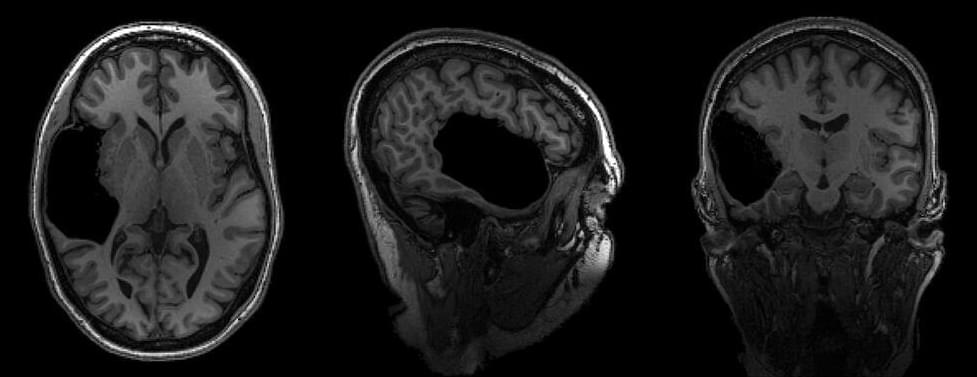Fedorenko didn’t know it at the time, but those first studies would set in motion a whirlwind that would alter the course of her research. Her team’s findings would ignite media attention, prompting even more people to send along their brain scans. What started as a single case study has now snowballed into the Interesting Brains Project.
By the end of this fall, the project will likely have scanned more than 40 people with atypical brains. In many cases, participants are missing entire brain regions, and like Elyse, they didn’t find out until they were adults.
That may be a tribute to the brain’s flexibility — its ability to change and adapt — including its redundancies, Fedorenko says. Like backup generators, some brain areas can kick into gear if others get injured. A close look at cases like Elyse’s could help scientists better understand how our brains cope with damage and why some kinds are worse than others.
